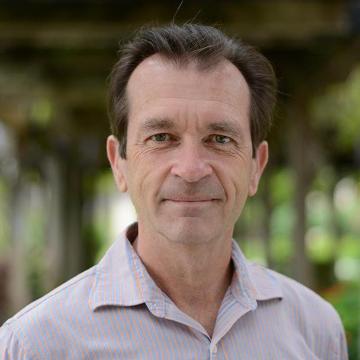
The (Hard and Soft) Science of a Great Night’s Sleep (Part 2)
At Santa Clara University, students can take a course called Health Psychology that, in part, reviews the research and clinical best practices for maximizing good health habits.
Students are asked to work diligently to change one health habit throughout the term and write up their findings in a detailed single-case study design. Typical health habits selected include increasing regular exercise, creating a healthier diet, and minimizing alcohol consumption.
Yet one of the most popular health habits that students select to work on is getting better sleep. This is no surprise at all. College students are notorious for being chronically sleep deprived, especially when they approach midterms and final exams. I often joke with them at the beginning of the academic term that I’ll only have a few weeks with them while they are alert, and before long they’ll yawn, put their heads on their desk during class, and be tempted to nod off.
the National Institute of Health estimates that more than 40 million Americans have sleep disorders, most notably insomnia, and most are over the age of 40
College students are not alone. In fact, the National Institute of Health estimates that more than 40 million Americans have sleep disorders, most notably insomnia, and most are over the age of 40. While my esteemed friend and colleague Professor Phil Kesten provided the hard science behind sleep and sleep troubles in his recent Illuminate post, The (Hard and Soft) Science of a Great Night’s Sleep (Part 1), as a health and clinical psychologist, I’ll provide a few soft-science tips on health behaviors that likely improve sleep.
One of the biggest game-changers leading to inadequate sleep was the invention of electricity. Think about it. Before we had reliable electricity, we mainly needed to go to sleep when the sun went down and get up when the sun started to rise. Electricity introduced adequate light, day or night, and stimulating distractions such as television, radio, computers, and so forth—24/7.
It’s tempting to stay up longer than we should to indulge our desire for using some of these 20th century electricity- or battery-powered inventions. Plus, there is always more that we need or want to do in our busy lives, and cutting corners on sleep to get everything done becomes the most common solution for the majority of people.
Additionally, we often fail to practice good sleep hygiene. You have likely heard about these behaviors that you should engage in to maximize good sleep, and some are discussed in Professor Kesten’s article. They include:
- Avoiding caffeine and too much alcohol late in the day
- Sleeping in a cool and completely dark environment that is free from distractions such as light and noise
- Avoiding naps late in the day
- Getting regular exercise
- Avoiding the use of your bed for work or non-sleep activities
- Spending at least 30 minutes of down time before bed, perhaps reading a relaxing book or magazine
Finally, it is important to have reasonable expectations about sleep. As we age, we typically sleep less and in a lighter state. It is normal and natural to wake up in the middle of the night, perhaps go to the bathroom, and return to bed remaining awake for a little while. When we start to freak out about not being able to get adequate sleep, we begin a cycle of anxiety and stress that paradoxically keeps us awake.
I recently had an elderly patient in my private clinical practice who complained of sleep troubles. He was retired and over-reliant on sleep medications that didn’t mix well with his other medications and his occasional alcohol use. In discussing detailed strategies for good sleep hygiene, I reminded him that, because he was retired, he really didn’t need to get up at a certain hour in the morning or have to perform at a high level if he was tired. I jokingly mentioned that he didn’t have to pilot an airplane or perform surgery. He laughed and agreed that I was right to say he needed to just “chill out” about his sleep concerns—and be more reasonable about his expectations. After that, he immediately began sleeping better.

